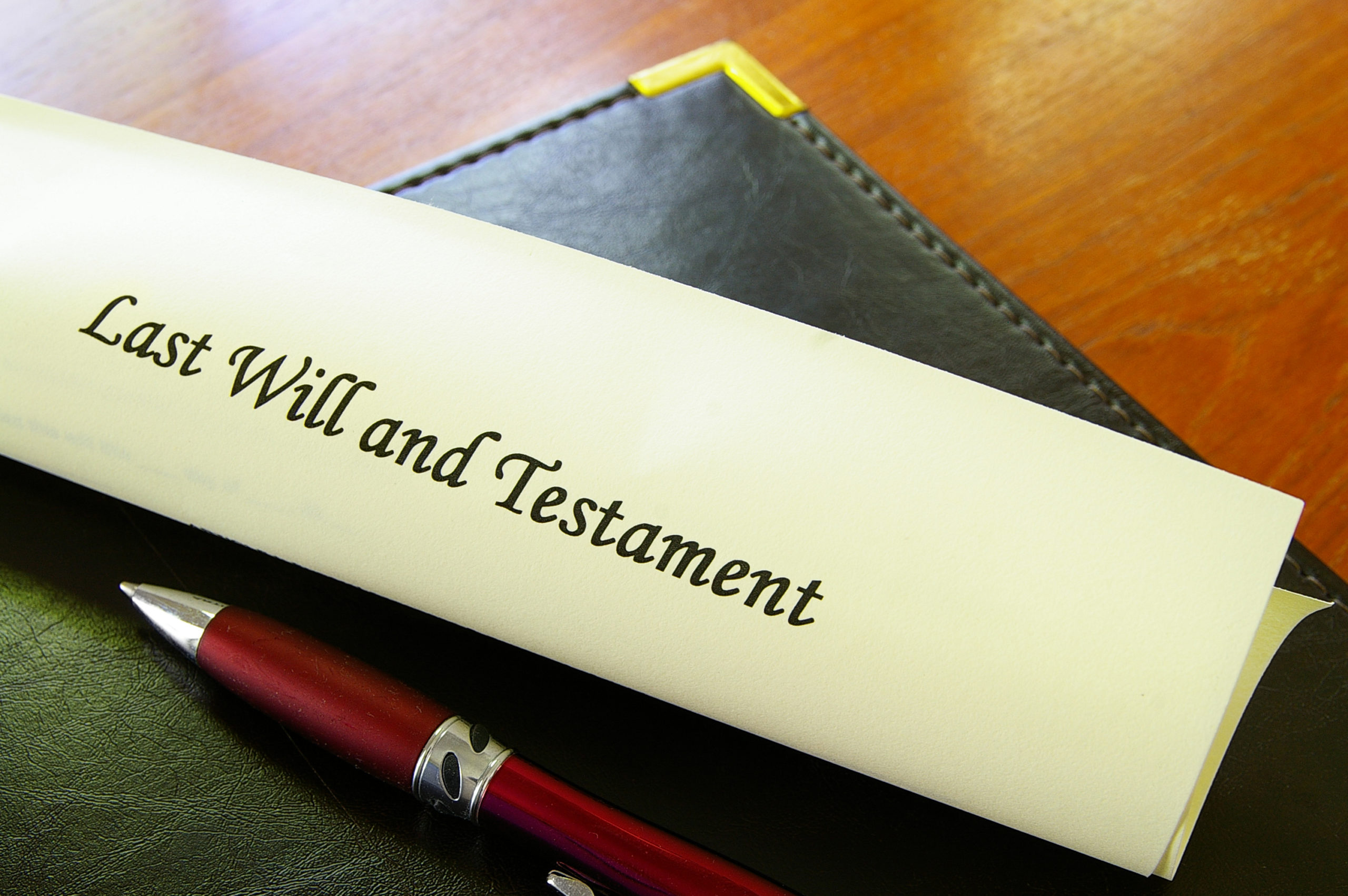
Estate Lawyer Wilkes-Barre, PA
A Wilkes-Barre, PA estate lawyer knows that many people think that only the wealthy need estate plans. The truth, however, is that every adult, no matter what their financial status, should have certain estate planning tools in place. The following is a brief overview of why it is so important to have an estate plan. For more information about how an estate plan would benefit your family, contact Hoegen & Associates, P.C.
What Happens to Your Minor Children?
If you have minor children, it is essential to have an estate plan. At the very minimum, parents need to have a will in place that names the person they want to have as their child’s guardian should something happen to them. Without that document, the courts would ultimately make that decision and it could very well be someone who you would not want to raise your child.
Many parents also establish some sort of financial trust to ensure their child is provided for in the event of the parent’s death. A trustee is named who will oversee the assets in the trust. The trustee does not necessarily have to be the person who the parent chooses as guardian. There are pros and cons to these options that your Wilkes-Barre estate lawyer can discuss with you.
Asset Protection
Having a solid estate plan in place can help protect an estate from being squandered away by heirs (i.e. establishing trusts) or assets eaten up by estate taxes. But even moderate-sized estates can benefit from careful estate planning.
For example, you may have some family heirlooms that have a high value that you want to be protected, but without a legal will specifying what should happen to these items, a family member could sell them off if they were to gain possession of them after your death. You can specify in your will what should happen to them and who should inherit them.
Medical and End-of-Life Decisions
Estate plans do not just deal with the financial areas of a person’s estate. A solid estate plan also addresses who should be the person making medical decisions and end-of-life decisions should a person become incapacitated. Without these documents in place, all kinds of emotionally trying – and avoidable – situations arise.
For example, consider a couple who have been together for a long time, yet never legally married. Although they may consider each other’s next of kin, like spouses, the law does not. Should one partner become incapacitated, the other partner would have no legal right to make any medical care decisions unless there was a healthcare power of attorney in place establishing this. Instead, the incapacitated partner’s family would have more legal rights on these decisions. These situations also call for a durable power of attorney to handle the incapacitated person’s finances.
Estate planning can also include plans should the day come a person must go into a nursing home because they can no longer live on their own. Nursing home expenses can quickly eat up the assets a person has worked hard all their life to save. Your estate lawyer can help set up a plan that will protect your assets from nursing home and other medical expenses.
Contact an Estate Lawyer for More Information
If you would like to learn more about estate planning, call Hoegen & Associates, P.C. to schedule a free consultation with a skilled Wilkes-Barrer estate lawyer.

